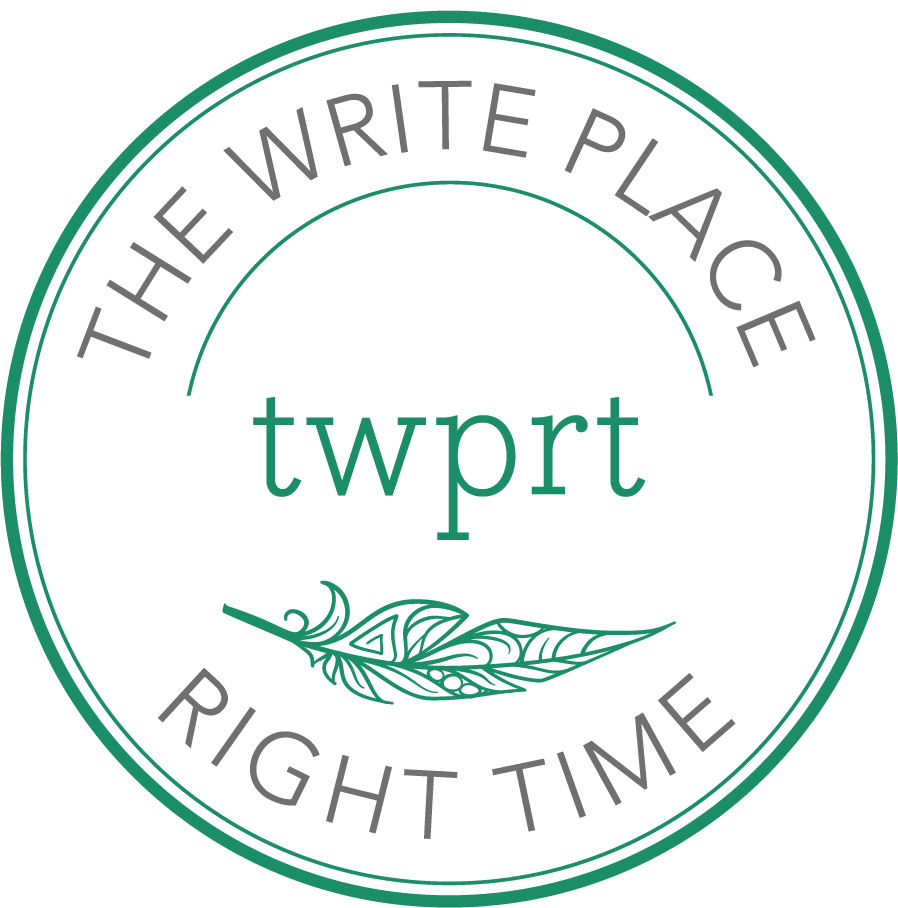![]()
I one hundred percent believe that when you embark on the book-writing journey that your motivation (your ‘why’) begins with you. There’s something that is compelling you to write a book and it better be a damn good reason because writing a book (and then producing a book, and then promoting a book, and then selling a book) is a LONG game. Still, your book can’t be only about what you want and need. There’s someone else you have to consider, a BIG someone, and that’s your audience. Knowing your audience is crucial to the success of your book.
Who is Your Audience?
Your audience is the group of people who are going to pick up your book, turn it over in their hands and determine if they’ll buy it. You need them. Your book won’t do well without them. At the end of the day, no matter your individual motivations for writing your book, your book ain’t all about you. Not even one that is literally all about you (memoir, biography, autobiography). This is why approaching your book as if it’s a business is helpful. You have to think strategically about who is going to want your goods (read: your book), why they are going to want it, and how you can market it to them. Because on the other side of the creative process𑁋the envisioning, the writing, the revising𑁋is marketing and promotion, selling, distribution, and other logistics.
Knowing your audience as you get your book started is important as they can guide your process if you’re keeping them in mind. Now what does that mean practically? Well, if you’re trying to reach other professionals in your industry who like hard data and research, you may decide that the tone of your book needs to be formal or more academic; case studies and research and other source material should be included. If your book is a toilet reader and you’re aiming for an audience who doesn’t take life too seriously even when they’re on the shitter, then you’re probably writing short, quick pieces that pack a lot of punch and humor.
What your book is and who it’s for guides your pen. And when you can picture that reader in your mind as you write, writing your book is going to be easier. I mean just think, is it easier to have a conversation with someone you can see standing right in front of you or one you’re just imagining? Know who you’re writing to and you’ll know more about how to write.

Benefits to Knowing Your Audience
Knowing your audience also helps when you get to a point where you want some reader insight. During manuscript development, some authors will go through a round of beta reader feedback. This means finding a sampling of your ideal readers who are willing to read an early version of your book and providing honest feedback. The best way to test your content on your audience is to test your content on your audience. But if you don’t know your audience, you’re not going to know who to ask now, are you?
Knowing your audience is also helpful by way of promotion and marketing. Understanding where they hang out online, what kind of things they value and appreciate about a book, where they may shop, where they live, how old they are, etc., allows you to create a specific marketing plan. These are the people you want to reach, so you need to know where and how to reach them and not just by way of which online platforms but also in the ways you speak to them, share content, etc.
Your Audience is Not Simply ‘Everyone’
So the question for you to answer is: who is your ideal reader? P.S. the answer is NOT ‘everyone.’ That’s a book killer. Probably a business killer, too. I worked with a guy once who used to say all the time, “If you’re talking to everyone, you’re not talking to anyone. It’s like trying to sell cat food to dog people.” His point, of course, was that everyone doesn’t want everything. Cat people don’t want to be marketed to about dog food. Dog people don’t want to be marketed to about cat food. And I’ll tell you what, literary agents definitely DO NOT want to hear you write in a query letter or pitch to them in person that your book is for everyone. That’s a rookie mistake.
Your book needs to be universal to your audience. What you share and write has to be relevant to them and resonate with them, but that doesn’t mean your audience is for everyone. A book that, at its core, is about grief still isn’t for all people just because all people at some point will go through loss. Grief could be for a grandparent, a parent, a child. Grief could be as a result of a car accident, cancer, or a bad breakup. You wouldn’t sell these books to all the same people.
Your topic isn’t for everyone, your style isn’t for everyone, your story isn’t for everyone. It’s no different than the realization that we are not going to be liked by everyone. Neither is your book. You do have an audience; they are out there. A specific audience. Go find them.
 Questions to Ask Yourself
Questions to Ask Yourself
How do you do that? How do you consider who your ideal reader is? First, think about what your book is about and who might be interested in that topic. Then, think about how you plan to write it𑁋tone, personality𑁋and consider what kind of person might like to read it. Next, think about various elements of your story that might appeal to people, such as the geographic setting (maybe California), or a particular time period the book is set in (such as the 80s) or something the main character is going through in their life (like mid-life for example). Who might be interested in a book set in California in the 80s while they’re growing through the early parts of mid-life?
Consider if you’re including pictures or graphs or journal prompts, who might be interested in those additional benefits of your book? Keep looking at your book, asking yourself ‘Who?’ and keep asking yourself ‘Who do I feel I’m meant to reach with this work and why?’ An ideal reader will take shape and as they come into focus, give them a name, make up their backstory, find a stock photo that represents them and imagine they are the person you are writing to.
This is why really exploring your book idea and getting to know it intimately is my expert tip to begin with because the more you envision and understand about your book, the more you can start to uncover who it’s for. And knowing what you want for your book and knowing your audience informs how you go about telling the story you want to tell and writing the book you want to write.

Now that you've read this expert advice, are you feeling ready to write your book? Do you want to know what else you should be thinking about as you plan? If that's a YES then go check out my Book Planning Scorecard. Because you don't know what you don't know. The purpose of this scorecard is to help you identify how much you’ve already considered about the book you’re thinking about writing before you spend the time and effort actually writing it. You can get your Scorecard here.
